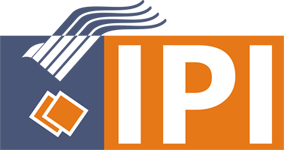Indonesian Clean Water Availability in SDGs: Analysis of Emerging Legal Problems
Abstract
The right to access clean water is a fundamental human right and an important part of SDGs. Indonesia as a country committed to developing SDGs-compliant policies to respond to climate challenges need to make sure that it has enough normative support from its legal framework. Using normative legal research method, this study analyzes the emerging legal problems regarding the Indonesian government’s responsibility to provide clean water to its citizens. To support the analysis, this study employs the statutory approach to find the normative problems contributing to a number of possible legal problems that might hinder Indonesia’s commitment to SDGs, particularly the one to make sure that every person has the right to access clean water. Analysis of this research finds that there are normative confusions within the Indonesian legal framework that are related to the government’s responsibility in providing access to clean water, along with the urgency to tackle to these normative issues to better deal with the emerging legal problems, in the face of climate change.
Downloads

This work is licensed under a Creative Commons Attribution-NonCommercial 4.0 International License.
Jurnal Magister Hukum Udayana (Udayana Master Law of Journal) by Faculty of Law Udayana University is licensed under a Creative Commons Attribution-NonCommercial 4.0 International License.


















